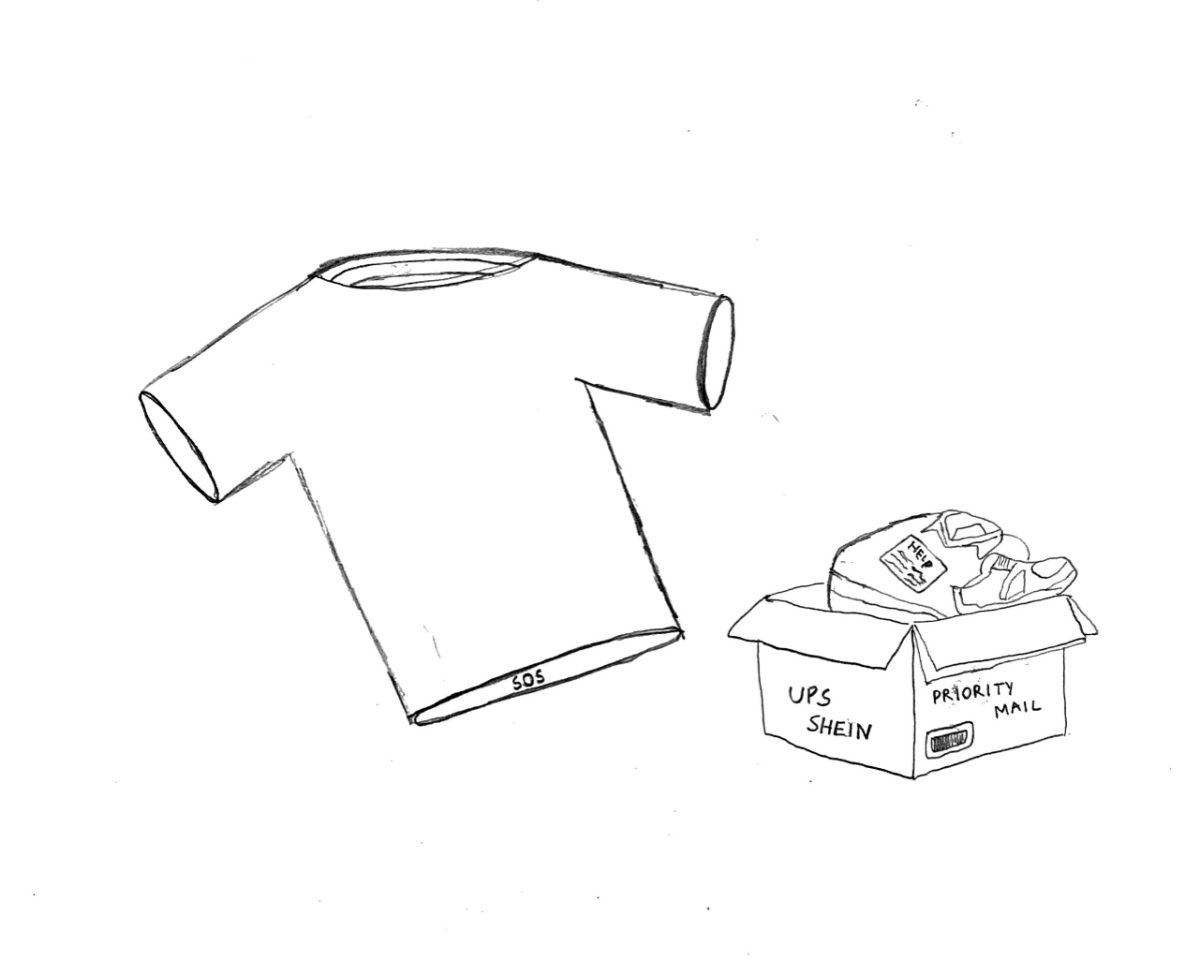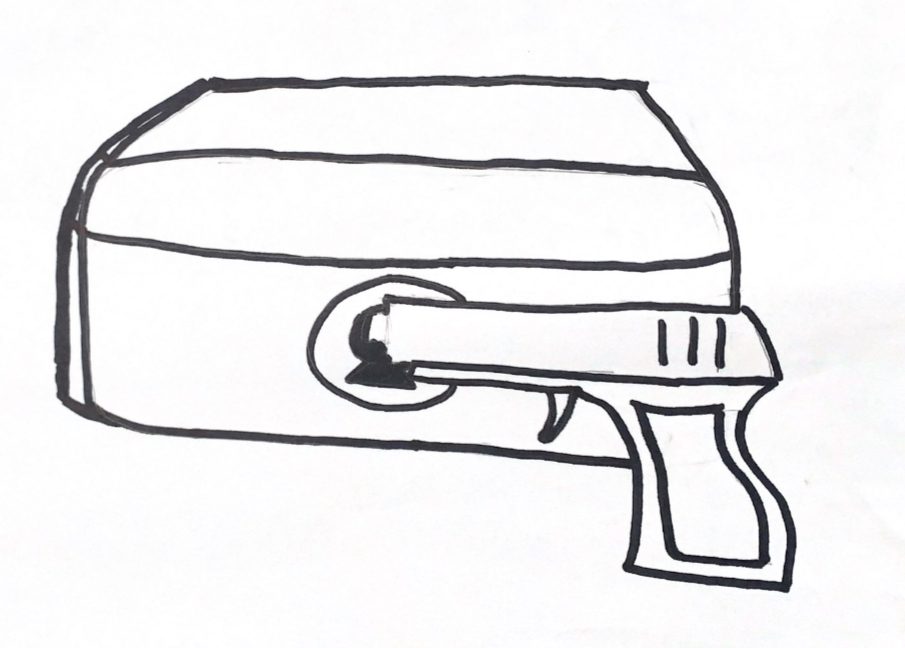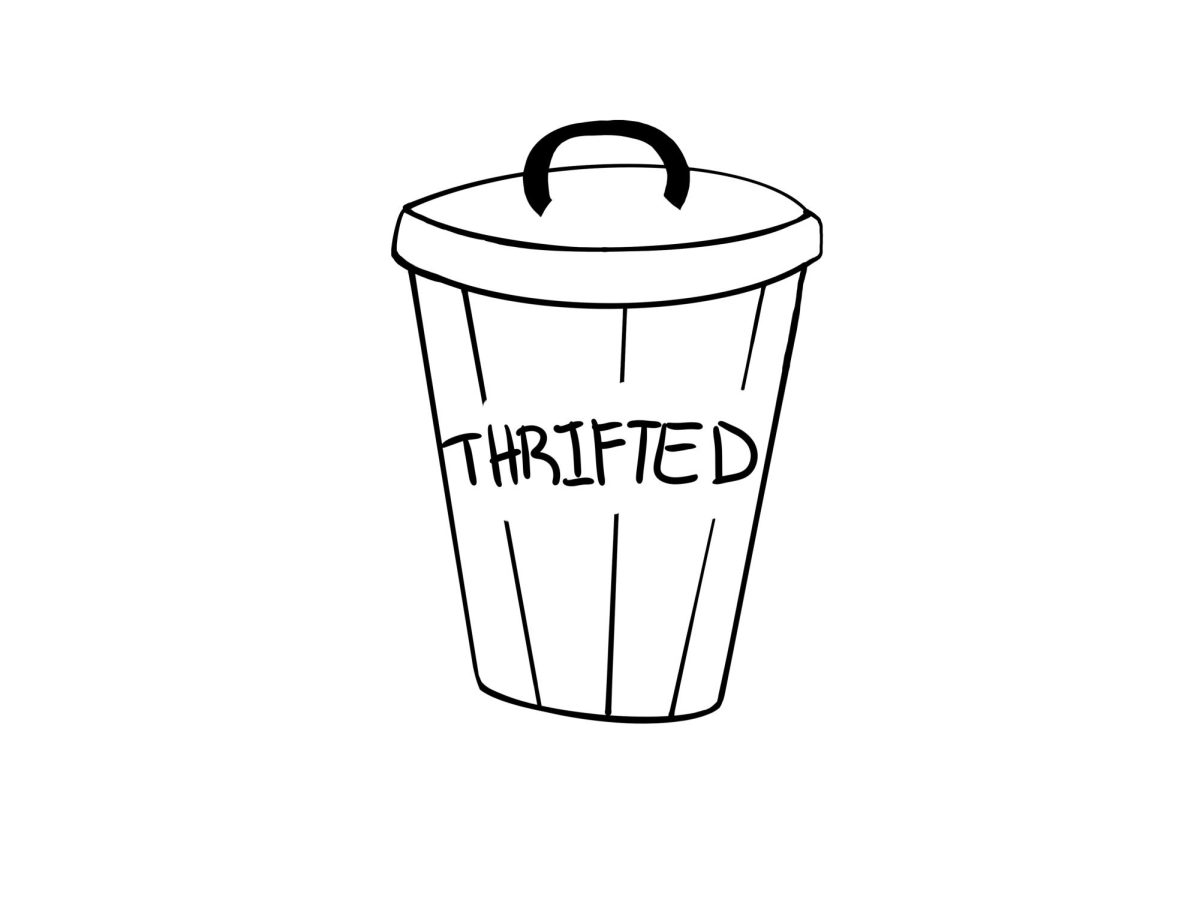After you’ve checked out at your local grocery store, the cashier has surely asked you, “Do you want a plastic bag?” You probably already know that plastic is harmful to the environment, or that you should have brought a reusable bag, but the long-lasting effects are more drastic than you might imagine. Plastic doesn’t go away. In fact, plastic bags don’t even biodegrade, but rather break down into smaller particles of plastic that can get consumed by oblivious ocean animals.
As Nov. 8 approaches, a number of pertinent state propositions will be voted on, including Prop 67, which calls for a ban on plastic bag use in grocery stores. Californians had the chance to end the use of plastic bags in 2014, but the vote was delayed until now because the plastic bag industry petitioned against it.
California can’t buy into the plastic industry’s tricks. We need to ban plastic bags once and for all because they are harmful to the environment and only benefit the companies that manufacture them. Not only could California become the first state to have a statewide ban on plastic bags, but eliminating plastic may inspire other states, and possibly other nations, to follow in California’s footsteps.

The American Progressive Bag Alliance (APBA) is leading the opposition to Prop 67. APBA is funded by plastic bag companies, who submitted a petition in 2015 with over 800,000 names to put the ban to a referendum in 2016.
APBA is also behind Prop 65, an additional proposition that decides where the 10 cent fee of a plastic bag would go if Prop 67 is denied—either to an environment fund or to the grocers.
But Prop 65 is essentially a decoy used to make voters think that allowing plastic bags would somehow help the environment because it gives them a choice of where funds from plastic bag sales will go. Due to the plastic industry’s construction of the propositions, if 65 receives more “yes” votes than Prop 67, the ban on plastic bags would be overruled and plastic bags sales would continue.
Selling plastic bags while giving proceeds to the environment is counterproductive. If plastic is eliminated, then environmental organizations who support banning plastic wouldn’t need the money to invest in finding alternate solutions.
Plastic bags are also harmful to marine wildlife. According to the California Coastal Commission, almost 90 percent of floating marine debris is plastic.
“Due to its durability, buoyancy, and ability to accumulate and concentrate toxins that are present in the ocean, plastic is especially harmful to marine life,” said a report by the California Coastal Commission in July.
A study of over 370 autopsies concluded that one in three leatherback sea turtles have plastic in their stomach, and it’s usually from a plastic bag. Additionally, a report by the Surfrider Foundation found that there will be more plastic than fish in the ocean by 2050. These astonishing facts are something that we have the power to change. Californians should realize how great an impact we can make on fixing the environment.
ABPA argues that plastic bags make up less than one percent of the total trash stream. They also state that plastic bags can be reused and recycled, more so than paper bags, referencing the United States Environmental Protection Agency. Campaigns supporting the bag also say that there are an increasing number of plastic bag collection programs developing in grocery stores, which would allow customers to have a place to put their bags once they are finished using them.
However, the leading bag ban campaign, Yes on 67, stated, “Californians use almost 13.8 billion bags each year. Despite major recycling efforts, less than five percent of plastic bags are recycled statewide.”
Don’t let industries spending millions on opposing this ballot fool you. Eliminating plastic bags would reduce the amount of money spent on finding solutions to trash problems because there simply wouldn’t be such high rates of trash and plastic pollution.
Look outside and observe how much plastic is impacting our lives. A plastic bag that gets caught by the wind will undoubtedly make its way to a body of water.
Plastic bags were designed for “single-use,” but if we care about our environment and those we share it with, we would adopt the cost effective and greener solution of reusable bags. After Nov. 8, cashiers at the grocery store shouldn’t need to ask you if you need a plastic bag, because voters will have answered that question for you.

















